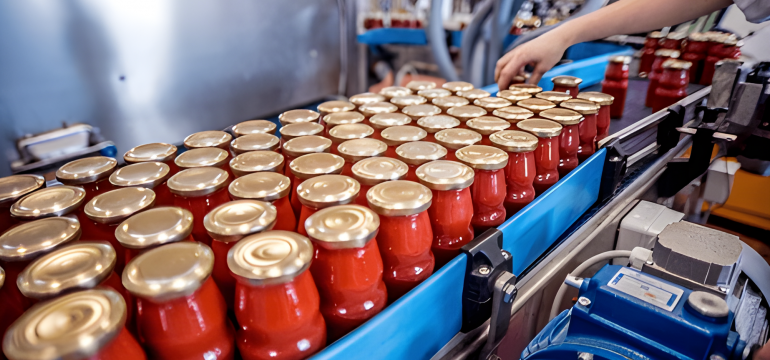The Indian food processing industry stands at a pivotal juncture, poised to drive significant economic growth and innovation. The food processing industry is a cornerstone of the Indian economy, providing employment to millions and supporting livelihoods across urban and rural landscapes. It bridges the gap between agriculture and modern consumption trends, enhancing food security, reducing post-harvest losses, and fostering rural industrialization. The sector’s contributions extend beyond economic metrics, touching lives and communities nationwide.
Consumer trends are evolving rapidly, driven by rising affluence, health consciousness, and digital engagement. Urban elites are increasingly spending on packaged foods, dining out, and deliveries, while rural consumption is shifting towards processed foods. This dynamic transformation is reshaping the food processing landscape, with consumers demanding more varied, protein-rich, and premium products.
Health and wellness concerns are central to food choices, with a growing preference for high-protein, low-sugar, organic, and functional foods. The resurgence of traditional Indian superfoods like millets and makhana reflects a maturing preference for preventive nutrition. Technology is playing a transformative role in addressing supply chain disruptions and enhancing efficiency. Innovations in AI, blockchain, and IoT are revolutionizing supply chains, enabling real-time visibility, predictive analytics, and sustainable sourcing. These advancements are crucial in managing commodity price pressures and building resilience. The rise of quick commerce platforms is redefining convenience and impulse consumption, creating new opportunities for growth.
The regulatory landscape is evolving to support the sector’s growth. Key regulators such as FSSAI, the Legal Metrology Department, and the Central Pollution Control Board govern areas from food safety and labelling to packaging and environmental compliance. Recent updates, including front-of-pack labelling guidelines and EPR mandates for plastic waste, reflect an inclusive regulatory framework. However, challenges remain, and a proactive, collaborative dialogue between industry and government is essential to address these evolving needs.
The future of the Indian food processing sector hinges on a collaborative effort between the government and industry. Public-private partnerships can drive innovation, streamline regulations, and enable infrastructure development. By aligning with strategic imperatives such as expanding rural penetration, prioritizing health and superfoods, and leveraging technology, we can build a resilient, consumer driven ecosystem with global relevance.
Together, we can unlock the immense potential of the Indian food processing sector, driving growth, innovation, and opportunities for all.



Leave a Reply